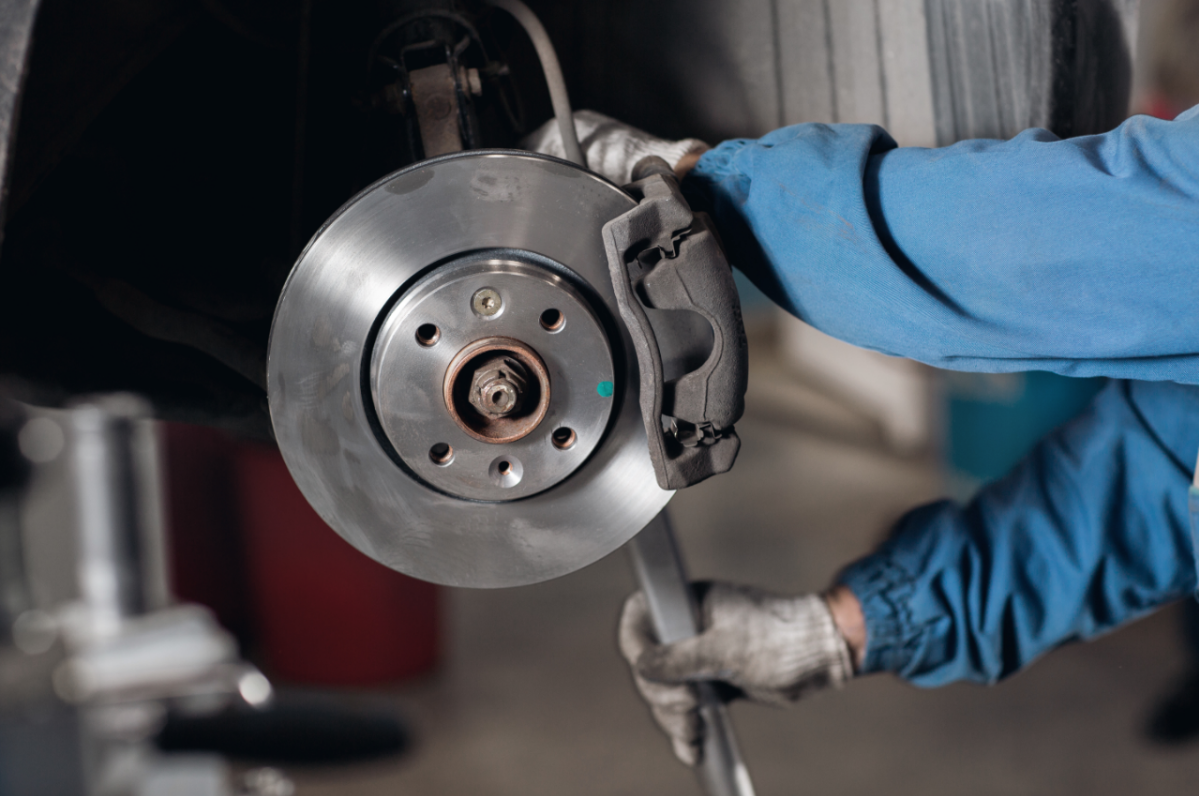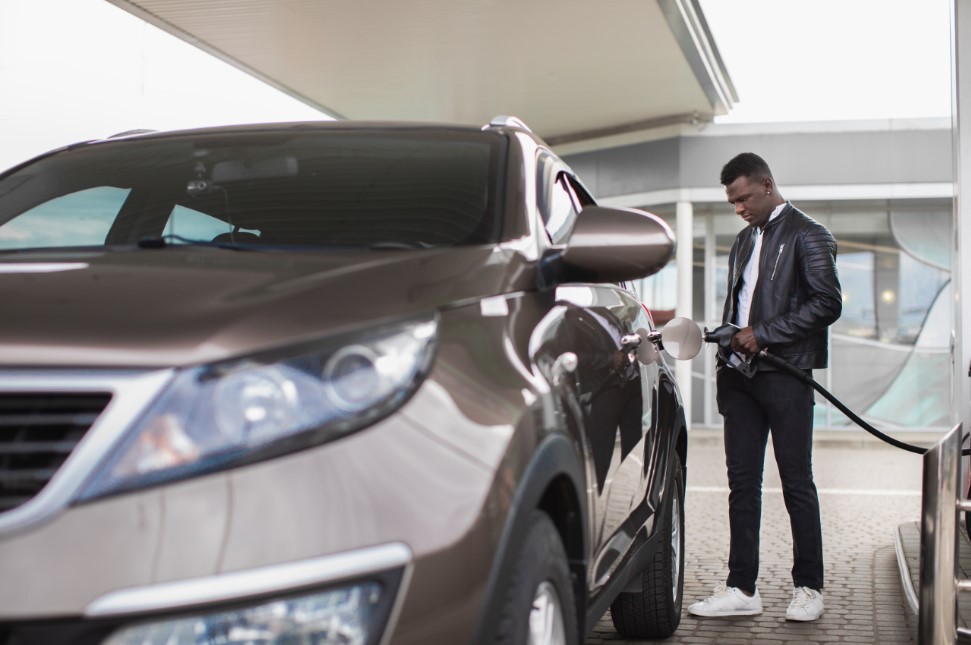
I Need Brake Pads. What About Rotors?
Virtually all passenger cars are equipped with disc brakes that require regular replacement of the brake pads. You need to replace those brake pads before they lose their friction material, which usually is made with a metallic compound that grips your brake rotors and slows them down without damaging the surface.
Unfortunately, if you let your brake pads wear down too much, your brake rotors might suffer damage that requires replacement. The damage comes from metal plates on the worn out brake pads scraping your rotors and causing damage. The damage usually occurs over a period of time and could cause a catastrophic brake failure and accident if ignored.
Turning Your Brake Rotors
If while braking your wheels consistently make noises that sound like:
- Grinding;
- Scraping; or,
- Metallic squealing.
odds are your brake pads are worn out, and your rotors are suffering damage. Fortunately, if you get your brakes repaired soon enough, you might not need new rotors. Instead, you might just need a simple turning of your rotors.
When a car repair shop turns your rotors, it uses a machine that carefully removes the uneven material to restore the flat, even surface needed to stop effectively and safely. But, your rotors have to be in spec to do so. That means the rotors must have enough good material that the turning will restore the surface of the rotors without removing too much metal.
When to Replace Your Brake Rotors
When your rotors suffer damage, they usually have deep grooves, scratches, and scrapes. They also could be warped, which can happen when you drive too long with work out brake pads. Warping often causes vibration during braking.
The types of damage you are looking for are:
- Deep grooves;
- Long scrapes; and,
- Surface warping.
Whenever any of the above conditions are so bad that turning your rotors would remove too much material for your brakes to work properly, it is time to replace your brake rotors. Christian Brothers Energy Corridor can inspect your brake rotors to correctly diagnose the sounds you are hearing and get your vehicle running smooth again.

[1].jpg)
sunwash-tech-with-customer.png)




